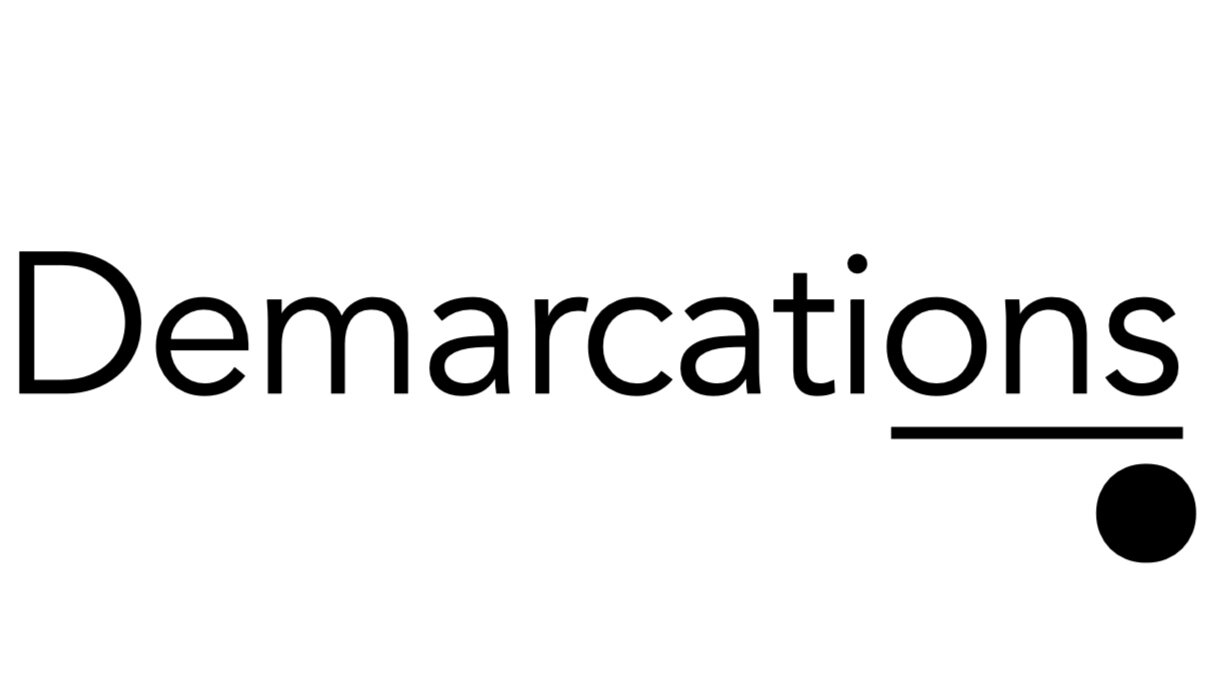Interesting and elegant conceptual photography from Ursus Wehrli:
This video shows how one of the photos sets was made. Watch as the artist organizes a group of sunbathers, and all their gear, into well-ordered groups.
http://www.youtube.com/watch?v=BuBg06Oc5i4&feature=player_embedded
Any lessons here?
Organizing takes work! [Suggestion: the next time you have to organize people and beach equipment on a hot day, don't wear a three piece suit].
Some things are more functional and useful in a disordered state. Think of your desk covered with support materials while engaging in a major project. What's the point of going to the beach to lie in a line and segregate beach toys into individual piles? Maybe certain aspects of your work would be more productive and fun if you allowed more disorder.
Apparent disorder can actually be the true state of order. Again think about the sunbathers. True order is when each sunbather is gathered alongside his or her own beach toys and umbrellas. Not when all the umbrellas are grouped together. Most of us put our pens into one area of a drawer, in a group. Maybe true order is to scatter the pens around the office. Several on the desk, one in a notebook, one in the briefcase, and so on.
Finally, order can be beautiful. But disorder -- even with the same constituents which could be ordered -- may be more beautiful. Such is the night sky.
(via Kottke)



